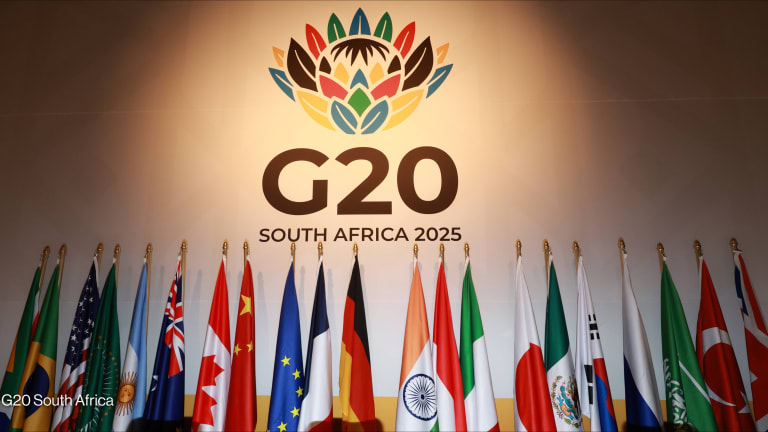
As the world’s leading debt experts gather this week in Geneva for the 9th UNCTAD Debt Management Conference, Eurodad is warning against a premature celebration of the end of the debt crisis.
Our new report, “The new debt vulnerabilities. Ten reasons why the debt crisis is not over,” is a comprehensive overview of the global debt picture in the sixth year of the financial crisis. While media stories focus increasingly on a return to growth in crisis-hit countries, the report clarifies that debt vulnerabilities have changed, but they have not been reduced.
Debt has not been canceled or paid off, but merely shifted around from country to country or from private to public balance sheets, as governments bailed out failing banks, and thus the chance the crisis offered to make fundamental reforms to crisis-proof our economies has been wasted.
Here are other highlights from the report:
1. High-income countries stuck in the sovereign debt trap.
By bailing out private banks and investors, some rich governments have fallen into a sovereign debt trap. At more than 100 percent of gross domestic product, debt levels in advanced economies are higher than they have ever been in times of peace. Rich countries’ primary reaction to the financial crisis was not to conduct overdue governance and regulation reforms, as they did with the Bretton Woods System and the London Debt Accord, which relieved Germany’s postwar debt. Instead, the Global North tried to solve a debt crisis by creating new debt, by implementing lax monetary policies at home and approving capital increases to the international financial institutions to make these boost credit to the South.
2. Middle-income countries struggle with the legacy of the crisis.
MICs have been flooded by cheap credit from the Global North over the past years when newly created money came in search for higher yields. Surging levels of private debt were the result — a situation pretty similar to eurozone countries such as pre-crisis Ireland, Spain and Cyprus. As investors anticipate the end of monetary easing and increasingly lucrative investment opportunities in the North, this speculative money is flowing back. Capital flow volatility and private debt are the new debt vulnerabilities in MICs. Floodgates such as capital controls are far from effective, and in some cases totally absent.
3. Low-income countries’ borrowing has become risky and costly.
Many LICs still benefit from the debt relief that the heavily indebted poor countries and the Multilateral Debt Relief Initiative provided. But this mechanism is over now and no successor is likely, so debt restructuring will be needed. Some countries that have been through the process again show rapidly increasing debt levels. The risk profile of new borrowing is getting worse. New loans are riskier and more expensive than the old loans used to be: It is increasingly short-term debt borrowed at high interest rates. Borrowing needs in LICs remain high — on the one hand to fund much-needed development projects, on the other to compensate for the erosion of governments’ cash income by tax evasion and capital flight. Donors have been cutting grant aid for two consecutive years and increasingly providing new official development assistance in the form of loans, thus creating new debt. As debt is back in development finance, the next debt crisis won’t be far away.
4. Managing the debt crises: Muddling through is no longer an option.
Eurodad and its members have more than two decades of experience in trying to reduce the harmful impact of debt and debt crises on development. This new report argues that a combination of preventive and reactive instruments could finally put an end to the debt crises. If all borrowers and lenders would act responsibly, debt crises would not occur. Responsible financing encompasses the quantity and quality of lending and borrowing, as well as the process and the use of loans. An orderly insolvency regime for states must be introduced, and a new debt workout mechanism that can effectively tackle the legacy debt that we see in many nations today would clear the slate and prevent future unsustainable debt well before debt crises occur. Among the main civil society principles for such a new regime would be transparent and accountable processes instead of dodgy back room deals, and decisions taking developmental needs and human rights into account.
After six years of global financial crisis — a crisis that followed many decades of nearly uninterrupted debt crisis in the Global South — it is time for decision-makers to get their act together and implement the necessary reforms. Muddling through is no longer an option.
Join the Devex community and gain access to more in-depth analysis, breaking news and business advice — and a host of other services — on international development, humanitarian aid and global health.








